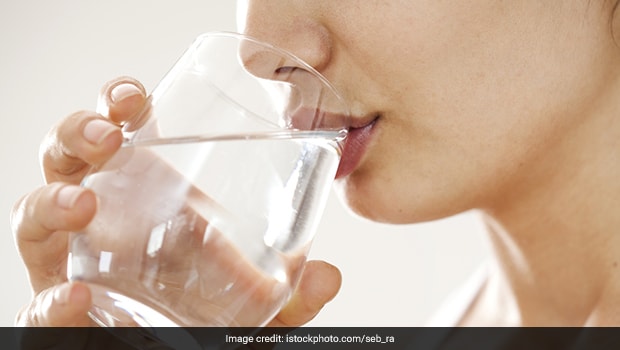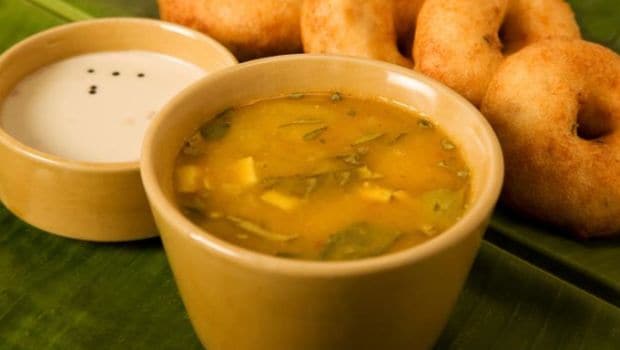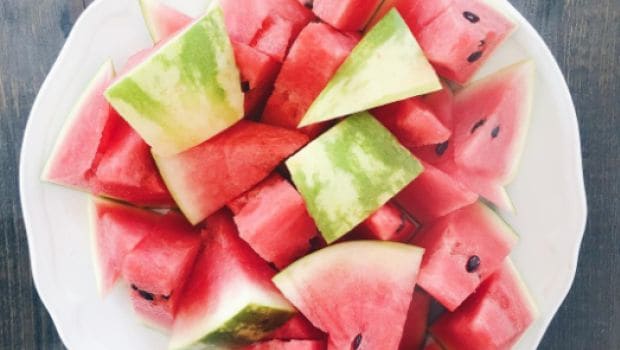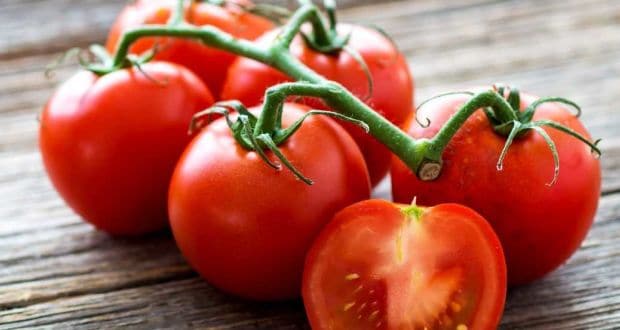Is Eating Water Better Than Drinking It? Here’s How To Include Edible H20 In Your Diet

Reams have been written about the significance of drinking water. Regular water intake is essential to our health as our body does not really have a fixed reservoir of water and keeps losing it in the form of urine and sweat. Adequate water supply also helps maintain smooth functioning of some of the most essential bodily processes like maintaining the electrolyte balance, preventing constipation, supplying oxygen and essential nutrients to the body as well as to the brain, facilitating digestionand flushing waste and toxins out of the body. Dehydration or lack of water will not only impact various bodily processes but will also trigger issues like dried hair and skin, hair loss, fatigue, drop in energy levels, lack of focus, et cetera.
Ayurveda suggests drinking water when you are thirsty. One should have water at room temperature, warm is even better. Never guzzle it down in a go, always have a sip or two. Drinking water right after meals is also not advisable. Water stored in copper or silver vessels is believed to promote health. Herb infused water can be sipped on throughout the day. Besides, it is always better to consume food items that are high in water content.
What if we could EAT water?
Interestingly, fruits and veggies that we consume regularly can also help us reach our daily requirement of H2O. So even when you are unable to guzzle down the recommended 8-10 glasses of water everyday – adding water-rich fruits and veggies in our diet will help keep you hydrated.
“Essentially, all your summer fruits and veggies are loaded with water. It is only logical if you think of it as during summers we lose more water and our electrolyte balance is easily disrupted. Cucumbers, melons and even veggies like gourds, bell-peppers, lettuce are all high in water content. The key is to not cook them to an extent that you lose their water content. Dals and sambars are also cooked with adding lots of water,” shared Dr. Rupali Datta, Consultant Nutritionist, Fortis Escorts, New Delhi.

Dals and sambar
But exercise caution when it comes to over-consumption of water. Too much water can harm the body too, as per Ayurvedic principles.
“It must be noted that we are consuming water through various other sources as well – in the form of fruits, vegetables, tea, coffee, dals, milk and other items. Just like drinking too little water harms the body, drinking too much may also have adverse effects on our health,” noted Ayurveda expert Dr. Dhanvantri Tyagi.
Eating Water – Foods to Include in Your Daily Diet
Melons
Undeniably, melons are loaded with water. These seasonal delights are super-hydrating, one of the reasons why these are available during peak summers.

Watermelon and its seeds
Photo Credit: instagram/aliceveim
Citrus fruits
From mosambis, oranges to grapefruit, kinu and even lemons, citrus fruits are great for boosting immunity, revving up your stamina and providing nutrient loaded H20 to your body.
Tomatoes
Enjoy these in salads, whip them into tangy chutneys, pack in your sandwiches or simply have them raw. Tomatoes are good for your skin, hair, bones and the heart. It comes loaded with antioxidants and lots of edible water!

Love tomatoes? Load up on them
Greens
Believe it or not, your regular green leafy veggies like spinach are also high in water content; one of the reasons why a large bunch of spinach only yields a small bowl of the vegetable when cooked.
Dehydration is a severe problem and may take a toll on your health. Make sure that your body is well hydrated with the help of your diet as well as through drinking water. Besides water, you can also turn to other beverages that are hydrating and good for digestion; some of these would include buttermilk, fresh fruit juices, coconut water, et cetera. Get in touch with a certified Ayurveda expert to learn more about rules of drinking water and how to source it naturally through diet.
[“source=food.ndtv”]


